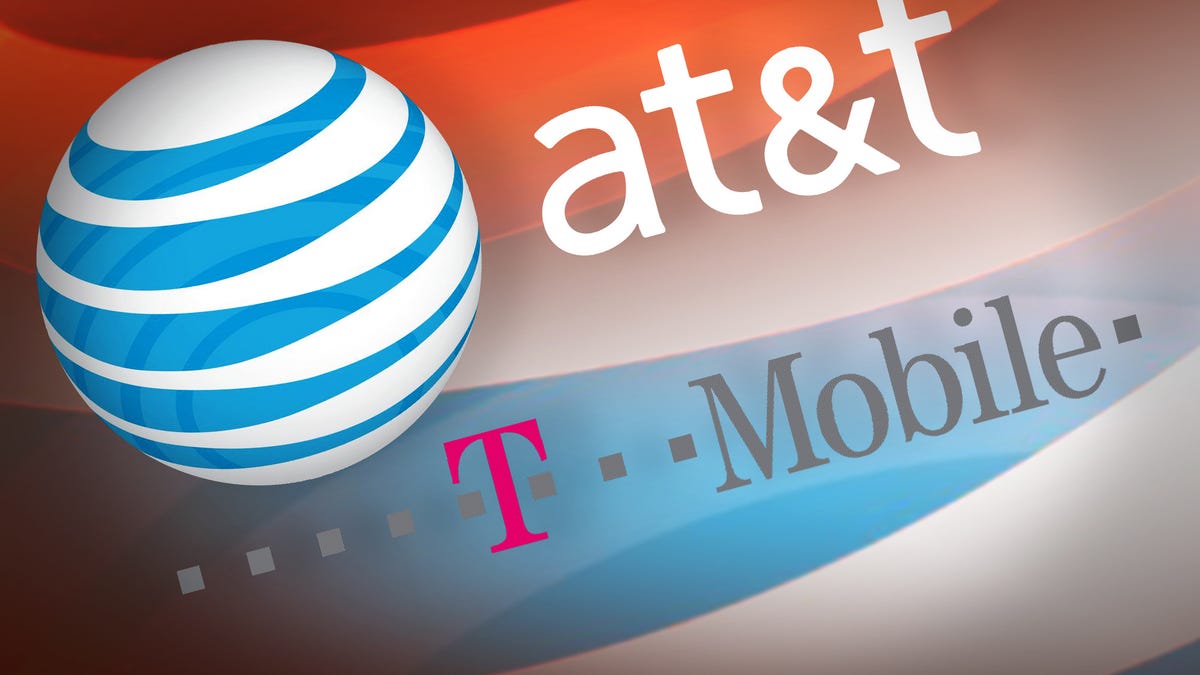Judge lets Sprint, C Spire pursue suit against AT&T
The decision will further complicate AT&T's attempt to complete its acquisition of T-Mobile USA. AT&T had sought to dismiss both lawsuits.

A federal judge today allowed Sprint Nextel and C Spire to continue with its lawsuit to block the merger between AT&T and T-Mobile USA.
AT&T and T-Mobile had attempted to dismiss the lawsuit. But Judge Ellen Huvelle allowed both companies to persist with their lawsuits, which claim they would be squeezed by market pressures if the consolidation were to be allowed, according to Reuters. Part of the lawsuits, however, were dismissed. The lawsuits could further complicate the deal, which already faces opposition in the form of a lawsuit from the Justice Department.
"Both Sprint and C Spire have demonstrated to the court that they would be injured if the AT&T's proposed takeover of T-Mobile were completed," Susan Haller, vice president of litigation for Sprint, said in an e-mailed statement. "By allowing Sprint and C Spire Wireless to move forward with these lawsuits, the court has ensured we receive a fair hearing."
AT&T, meanwhile, focused its attention on the part of the lawsuit that was thrown out.
"We are pleased with the ruling that dismisses the vast majority of the claims of Sprint and CellSouth," General Counsel Wayne Watts said in an e-mailed statement. "We believe the limited, minor claims they have left are entirely without merit."
Sprint and C Spire--formerly Cellular South--have argued that the merger would hurt their ability to get access to the best devices, which would hurt competition. C Spire has also claimed that the deal would hurt the roaming rates it has to pay to both carriers to allow for national coverage.
Judge Huvelle did dismiss Sprint's claim that it would be deprived of wireless spectrum needed for network deployment, and said there wasn't enough evidence to support the company's claim that it would be hurt by higher prices for backhaul services.
The Justice Department has also argued that the merger would hurt competition and raise prices for consumers, claims that AT&T has denied.
A deal between AT&T and T-Mobile would created the nation's largest wireless carrier. AT&T has also said it would help with its spectrum constraints.

